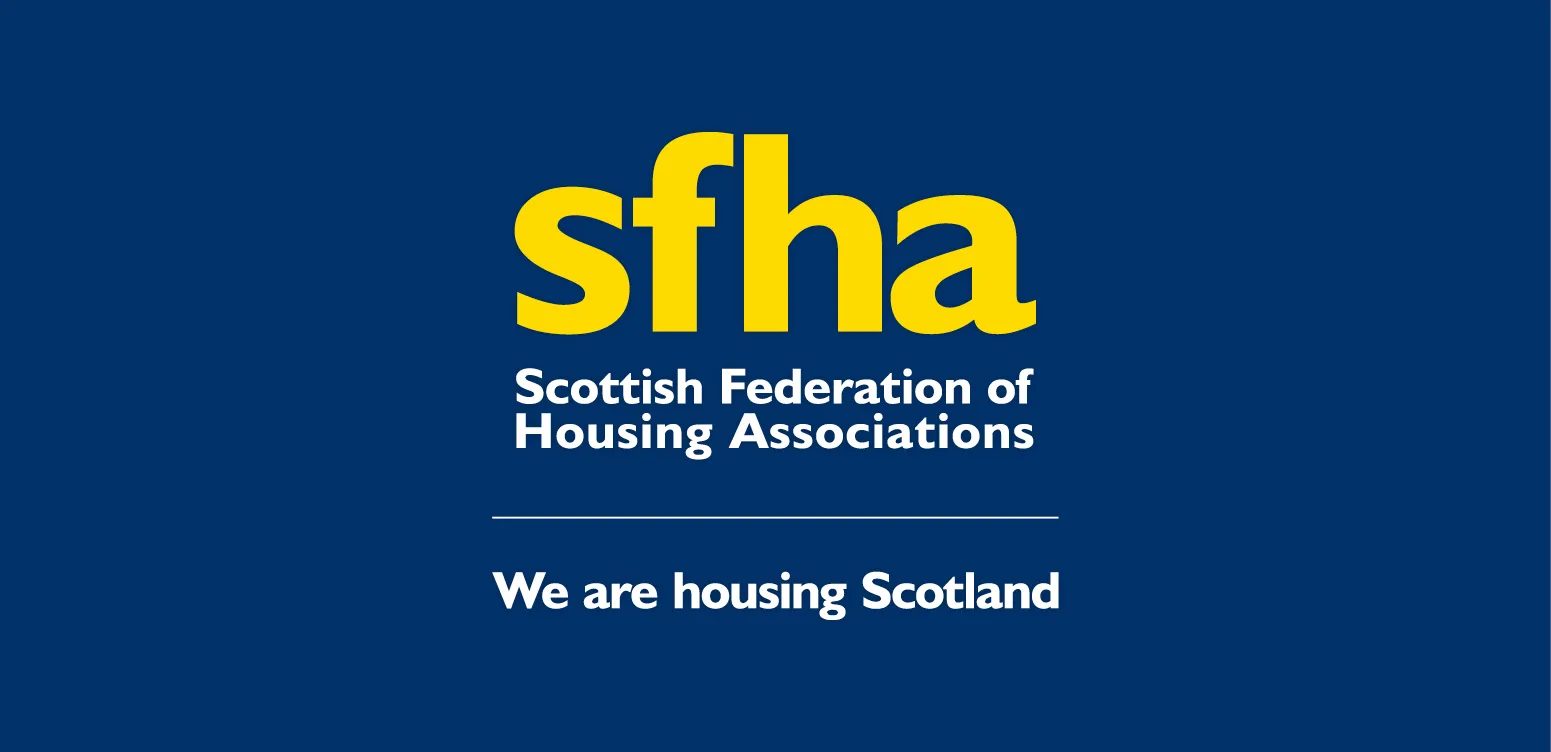Scottish Government EPC Reform Consultation
SFHA calls for alignment of EPC reform with EESSH2 review
SFHA calls for alignment of EPC reform with EESSH2 review

SFHA has responded to the Scottish Government’s consultation on Energy Performance Certificate (EPC) reform, calling for close alignment with emerging Energy Efficiency Standard for Social Housing (EESSH2) proposals to support the sector.
EPCs currently play an important role in supporting the decarbonisation of buildings across Scotland, with the social housing sector already leading the way in providing safe, warm and affordable homes. Under the proposed reforms, which are based on advice from the Climate Change Committee, new EPC metrics will be introduced: a Fabric Rating (efficiency of the building fabric), a Cost Rating (running costs per year), and a classification of the Heating System Type (whether a system is zero direct emissions compliant). While SFHA supports the drive for fabric improvements and the move to zero direct emissions heating systems, it is vital that changes also support housing associations in delivering the best outcomes for their tenants.
EPC reforms will have a direct impact on the ongoing review of EESSH2, which is why SFHA has called for urgent clarity on how the newly proposed EPC format will be used in assessing compliance. We have highlighted the important need for alignment between these two scopes of work, so the sector can support tenants through the delivery of its net zero and fuel poverty objectives.
SFHA has also called for EPC reform to align with the UK Government’s development of SAP 11. With SAP and RdSAP methodologies providing the basis for EPCs, it is important that SAP 11 delivers improved accuracy and is made fit for purpose in a Scottish context. Alignment will also help to reduce the risk that further EPC changes or reviews may be needed down the line.
The consultation additionally proposes a reduction in the validity period for EPCs from ten to five years. SFHA has raised concerns about the cost and resource implications this would have. Given that EPCs are already required to be updated at specific trigger points – including for a new let or following upgrades to demonstrate compliance with EESSH2 – we have highlighted the need to ensure that unnecessary burdens are not placed on landlords.